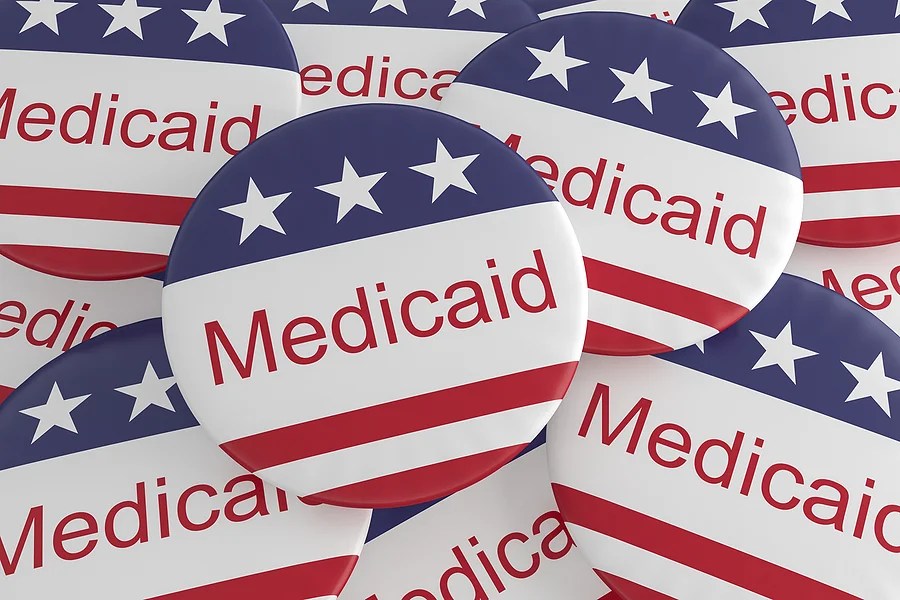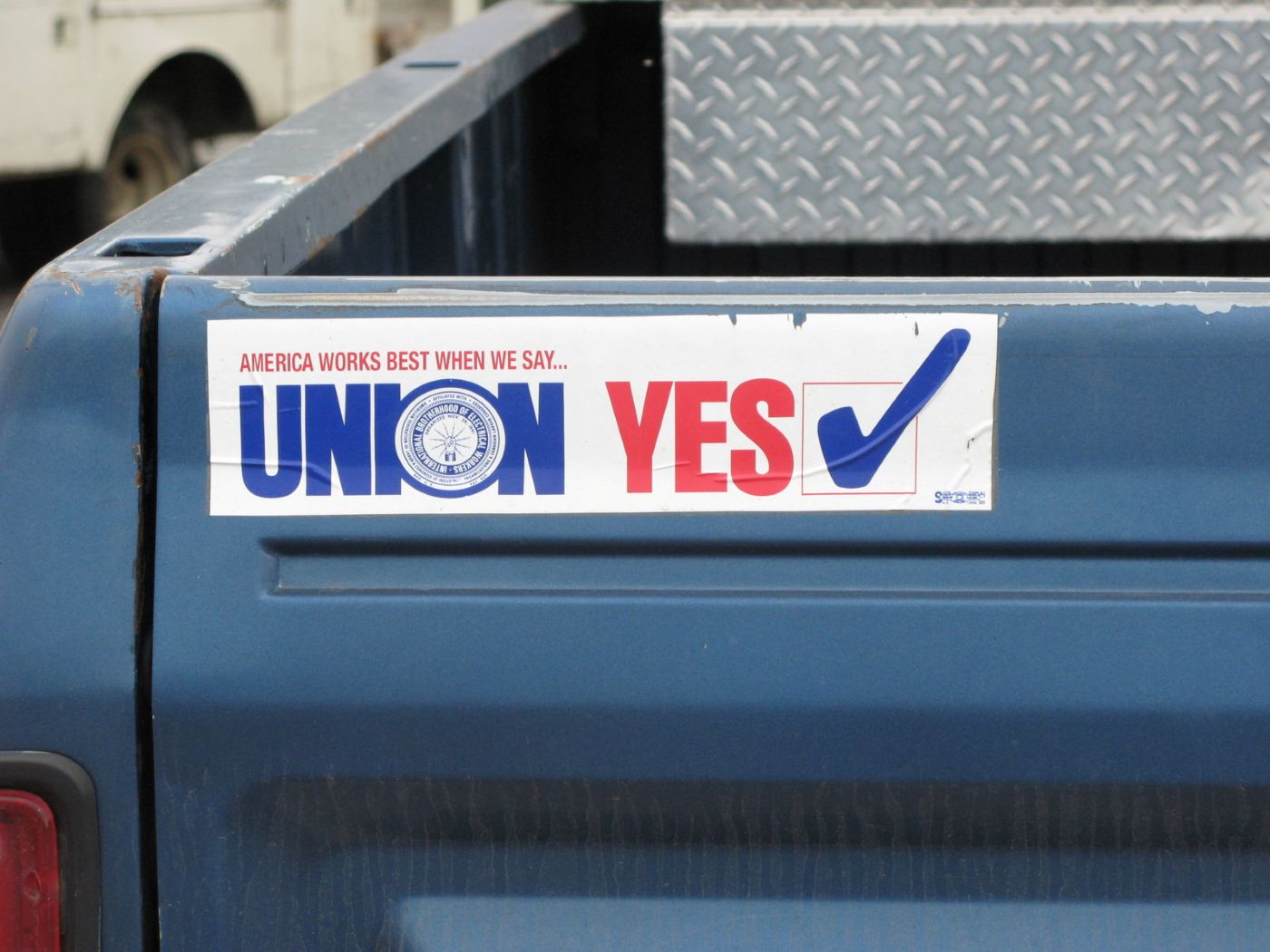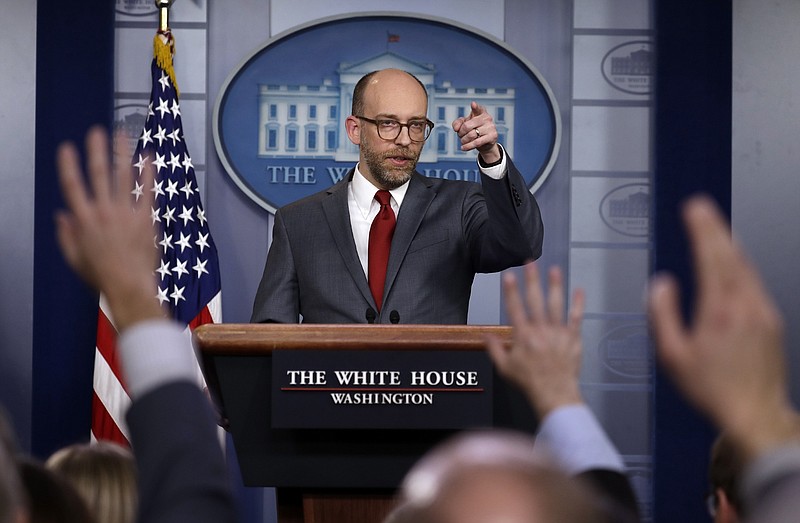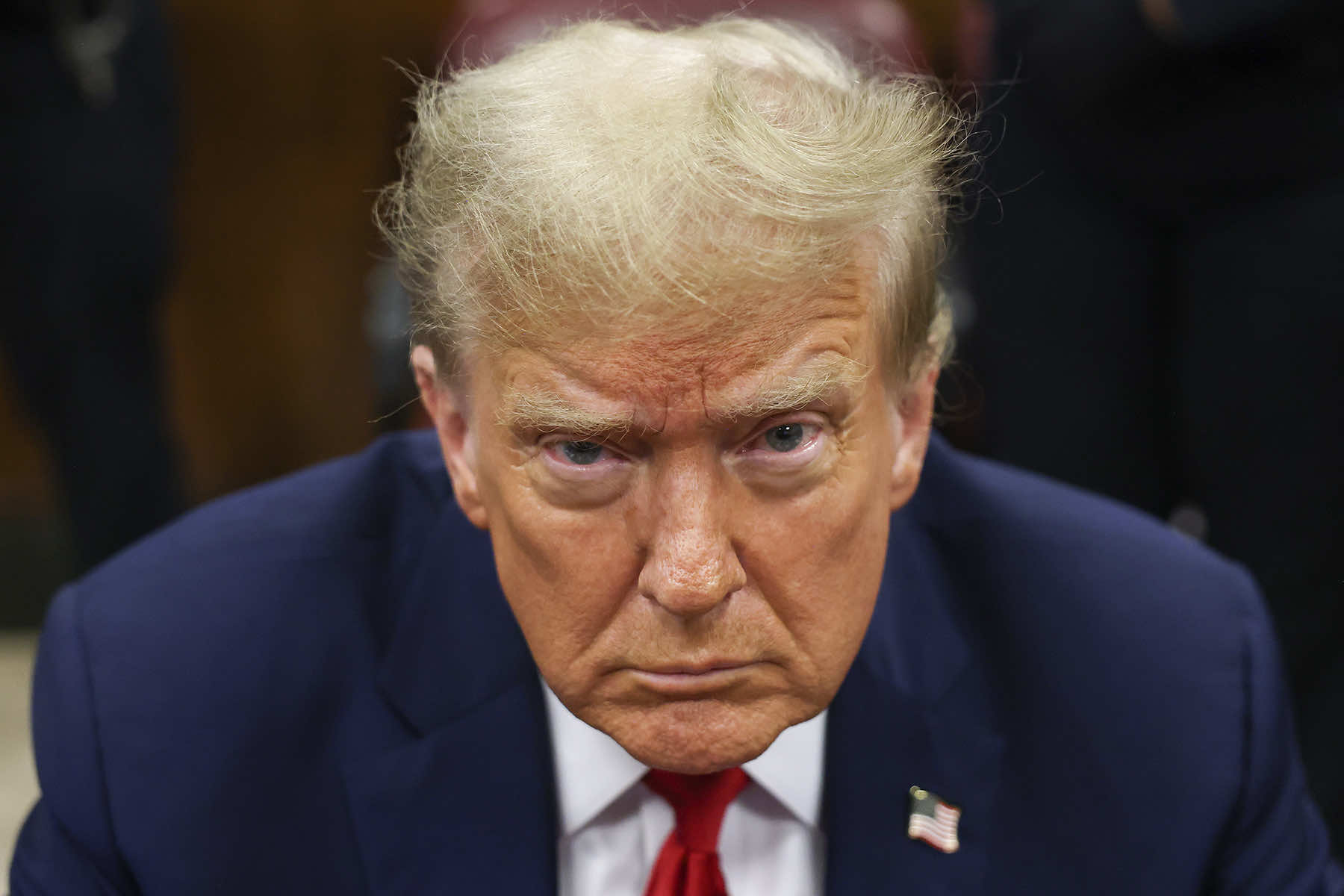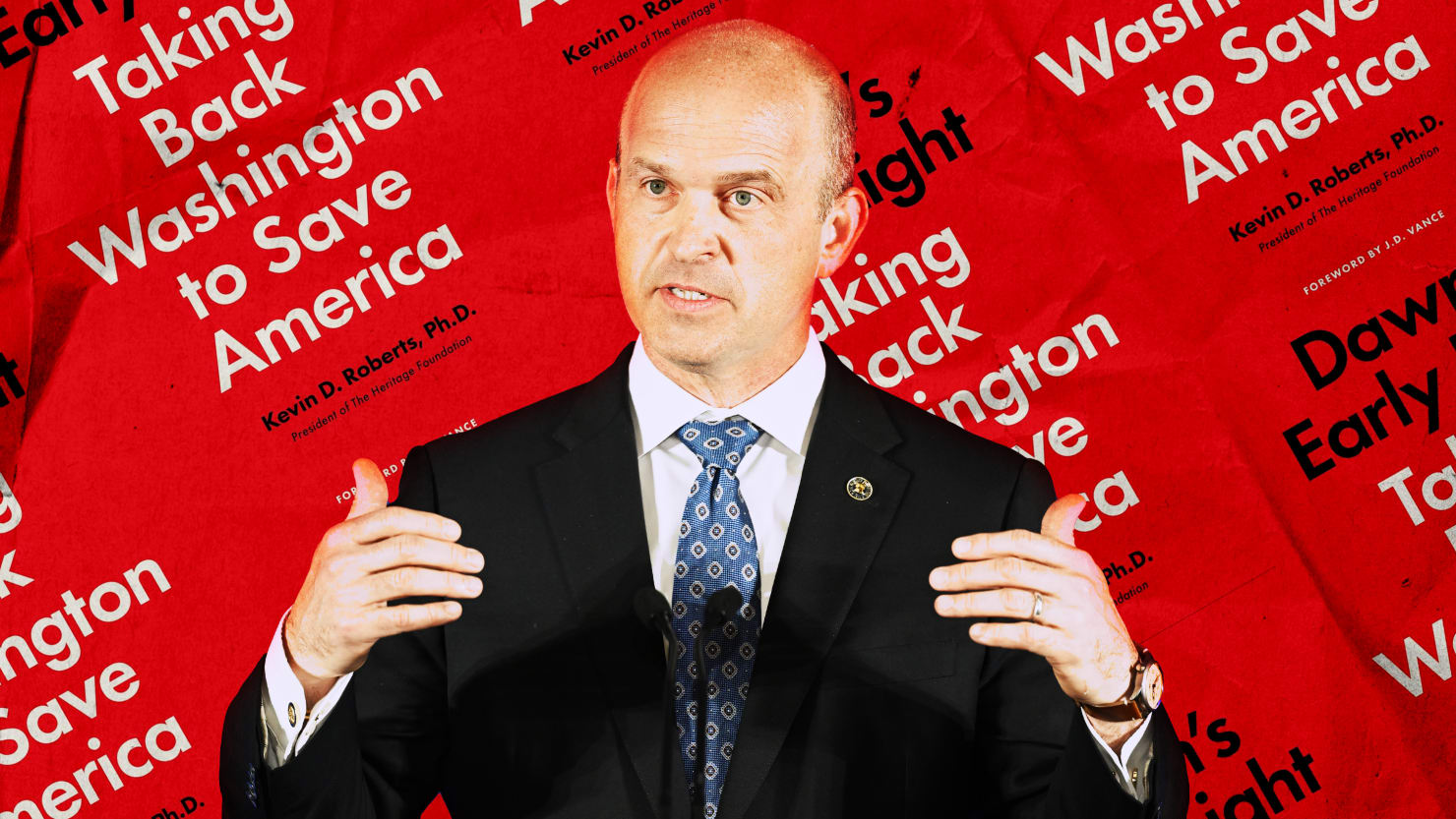Originally by at ccf.georgetown.edu
By Joan Alker and Michael Perry
We’ve worked on Medicaid policy and/or public opinion research for three decades now and have observed its growing importance as the backbone of our health care system – now covering approximately 80 million people — as well as its centrality to voters. Medicare and Social Security are often described as the third rail of politics and had many mentions at last week’s Democratic convention; Medicaid gets less attention; yet it consistently polls almost as well as Medicare.
As a very consequential election approaches, Medicaid should be added to the long list of issues whose future may hang in the balance. Medicaid remains squarely on the Republican agenda for caps and large cuts, including the Project 2025 plan, as Edwin Park has blogged about numerous times. Indeed, given candidate Trump’s promise not to cut Medicare, Social Security and the defense budget, Medicaid and the Affordable Care Act Marketplace subsidies are the two most likely single program major targets for severe cuts. Medicaid is now a household name like Medicare and Social Security, so if the winning candidate has plans for it, don’t voters deserve the opportunity to hear about those plans before they cast their votes?
First, a look at history. There have been four major attempts to cap Medicaid in the past forty years starting with former President Reagan’s push for a block grant in 1981, the former Speaker of the House Newt Gingrich’s budget bill in 1995 (which was vetoed by former President Clinton), a quickly abandoned effort in the early years of President George W. Bush, and the near-successful attempt to repeal the Affordable Care Act at the beginning of the Trump Presidency in 2017 when Republicans decided to cap Medicaid while they were in the neighborhood.
Medicaid is Popular with Voters
Two-thirds of Americans say they have a personal connection to Medicaid and most of these (59%) have actually been enrolled or had a family member or close friend covered by Medicaid at some point. Medicaid engenders positive views among the public across parties with higher favorability ratings for Democrats but a clear majority across parties. Interestingly, Republicans with a personal connection to the program value it more. The numbers of people with a personal connection to Medicaid is growing; Medicaid covers approximately half of all children, including a larger share of children of color, pays for 40-50 percent of births depending on the state, is the largest payer for behavioral health care services and long term services and supports, helps make Medicare affordable for low-income seniors, and covers many low-income parents and other adults.
A recent KFF poll found that seven in ten voters want Medicaid to largely continue as it is today, while only three in ten support changing Medicaid to cap federal funding and give states greater flexibility in designing their programs. While large shares of Democratic and independent voters prefer to keep Medicaid as it is today, Republican voters are evenly divided, with about half preferring to keep Medicaid as is and half supporting a cap on federal spending.
When thinking about voter concerns today as the election approaches, we thought it would be informative to look at key points that have been coming up in focus groups with voters. Here’s what’s on voters’ minds:
- The unaffordability of heath care and health coverage in the US is increasing the value people place on Medicaid coverage in focus groups. This is the major change we have observed in recent years. There is real anger over health care costs that continue to rise along with food and other necessities. The ever-increasing costs of health care is making Medicaid desired health coverage. People want Medicaid coverage because it is an affordable option (and often the only affordable option) for lots of people.
- Medicaid enrollees are the only group we speak to these days who are NOT skipping or delaying health care in order to avoid big costs. We are hearing about wide-scale avoidance of health care because it is just not affordable, and people are afraid of medical debt. Medicaid enrollees are the exception.
- Those with Medicaid know it works and want to keep it. Those who lost Medicaid due to the “unwinding” want it back! More than 1 in 5 Americans have Medicaid and know its value. The testimonials we hear from Medicaid enrollees are overwhelmingly positive.
- There is more intensity among those who have Medicaid – or had it in the past. They want to keep Medicaid coverage. They know the difference it makes in their lives. They do not take this program for granted.
- Medicaid is particularly important during times of inflation and economic uncertainty. Medicaid protects families from medical debt and bankruptcy. It allows them to pay other bills and to save. It improves the emotional and mental health of those enrolled because they are less worried about falling behind on bills and going deeper into debt. This is what we hear from people with Medicaid.
- Those in non-expansion states want to expand the program. KFF found 66% of adults in these states want the program expanded. Once again – the American public is clear about this – only a handful of politicians in a handful of states are stopping this from happening. Ballot initiatives in red states to enact expansion have won repeatedly.
At a time when the high cost of living is a key concern for many voters, Medicaid’s role is more important than ever. Medicaid has always been a popular program with the American public but it has never been more popular. There is ideological opposition to Medicaid among some politicians, but the American public has never been conflicted about Medicaid.
Joan Alker is the co-founder and executive director of the Georgetown University Center for Children and Families, a non-partisan research center. Michael Perry is a partner and co-founder of Perry-Undem, a non-partisan public opinion research firm that works on complex public policy issues.
Read the Original Story
